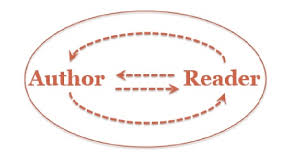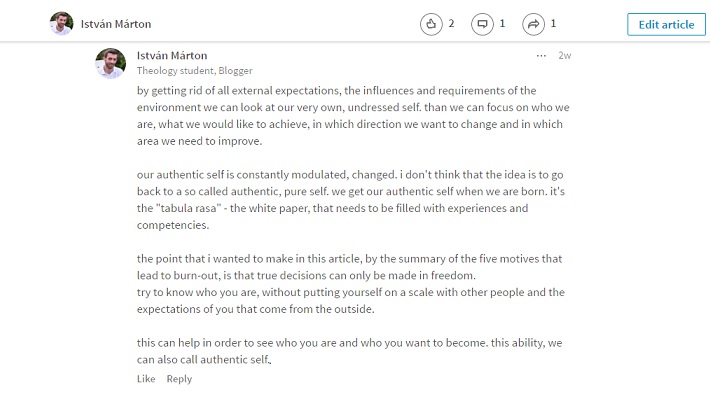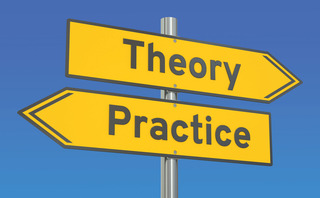it’s been quite a long time since i have last posted something around here. i didn’t quit! it was just an end of university year with many exams and a successful BA diploma in pastoral theology for me. and that took from me a lot of time.
i haven’t published, that’s true, but i was constantly thinking in the past two months on why do i write for and what do i write for. of course i know why i write! (see that down below). well, the result of this reevaluating of my purpose is that i decided to start in the future a hungarian version of this blog. i will translate most of the posts that i already wrote and will constantly do that from now on. so, my hungarian speaking fellows: from now on you don’t have to complain, that you don’t understand what’s happening! 
why do i write?
when i started thinking about launching this blog, i bought myself a notebook (paper, not digital) and i bought it in order to write down my ideas and plans. but i bought one particular notebook, with the following very inspiring quote on the cover:
you don’t write because you want to say something. you write because you’ve got something to say.
now, as i think back to the moment i have bought this copy-book for my notes, i know that was a short, but substantial moment.
you’ve got something to say:
self-knowledge
i have to start with being selfish. writing for me means to know myself better. that’s why i write a self coaching blog. it’s a way of expressing myself. sometimes it’s good to write out the things you have deep inside – for that you need a journal. writing on the blogosphere teaches me to control myself, my words and my thoughts. readers give a good feed-back (if they like-follow-comment-share etc).
but i never exclude the possibility that readers can benefit from my selfish experiment. everyone is free to learn from what i write.
share yourself with everyone
knowledge
some can work more on finding a topic to write about, than what it takes to actually write a post. it can be a nice experiment to try to find the topic that most people are interested in. if the topic is good, the readers will come.
i see it the other way around. what i write about it’s already present, i have dreams, experiences, i see things, read, think on the things i experience. i don’t search for a topic because i need to write something, anything. i’ve got something to say and that’s what i’ll write about. it’s up to the readers how will the articles are received.
write because you’ve got something to say
providence
you need to know your audience – they say. and that’s true. when you start a page, you have to take in consideration that the content you are posting will be read by one type of audience. so if you want to reach as many readers as you can, you have to write in such a way, that a wide range of people become interested in your articles.
now, for me, that’s not enough. i don’t want to trap in people in to my blog. i care about those who visit my blog and read my content. i keep an eye on those who are interested.
74% of those who visit my blog are native hungarian speakers. i can’t leave this vital information out. so, by taking the blog to a new level and providing a hungarian version, i want to show my readers that i care about them.
for those who don’t speak hungarian, relax: i know what topics you prefer and will continue writing on that, plus + i am happy to answer all you questions and be a friend when needed.
take care of your audience











You must be logged in to post a comment.